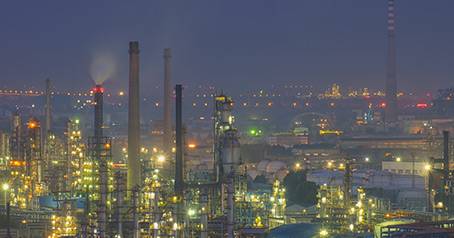ഡിസം . 15, 2024 12:58 Back to list
pvc pipe for farm irrigation
PVC Pipe for Farm Irrigation A Sustainable Solution
In the modern agricultural landscape, efficient irrigation is crucial for maximizing crop yields and ensuring sustainable farming practices. One of the most significant developments in this field has been the use of PVC (Polyvinyl Chloride) pipes for irrigation systems. This material has revolutionized the way farmers manage water resources, providing a reliable and cost-effective solution for farm irrigation.
Advantages of PVC Pipes
PVC pipes offer several advantages that make them an ideal choice for irrigation
1. Durability PVC pipes have a long lifespan, often exceeding 50 years. This durability reduces the need for frequent replacements, allowing farmers to invest more in their crops rather than maintenance.
2. Corrosion Resistance Unlike metal pipes that can corrode over time, PVC is resistant to rust and corrosion. This feature is particularly important in agricultural settings where water can be laden with chemicals and minerals.
3. Lightweight and Easy to Handle PVC pipes are lightweight compared to other materials, which makes them easier to transport and install. Farmers can set up irrigation systems quickly, saving both time and labor costs.
4. Cost-Effective The affordability of PVC pipes makes them accessible to farmers of all scales. They offer an excellent return on investment by reducing water wastage and improving irrigation efficiency.
5. Versatility PVC pipes come in various sizes and configurations, allowing farmers to design irrigation systems tailored to their specific needs. Whether it’s for drip irrigation, sprinkler systems, or surface irrigation, there’s a PVC solution available.
Environmental Impact
pvc pipe for farm irrigation

Sustainable farming practices are vital for conserving natural resources, and the use of PVC pipes in irrigation plays a significant role in this aspect. By improving water management, PVC-based irrigation systems help minimize water wastage. Drip irrigation systems, in particular, deliver water directly to the plant's roots, significantly reducing evaporation and runoff. This method not only conserves water but also enhances plant health and crop productivity.
Furthermore, PVC pipes can be recycled at the end of their lifecycle, making them an environmentally friendly option. With a growing awareness of climate change and the need for sustainability, more farmers are turning to PVC pipes to meet their irrigation needs.
Implementation Considerations
When implementing a PVC pipe irrigation system, farmers should consider several key factors for optimal performance
1. System Design Proper layout and design are essential for efficient water distribution. Farmers should assess their field conditions and crop requirements to determine the best configuration.
2. Sizing Choosing the right diameter of PVC pipes is crucial for maintaining adequate water pressure and flow rates. Consulting with irrigation specialists or agronomists can help determine the optimal size for specific crops and soil types.
3. Maintenance While PVC pipes require less maintenance than other materials, regular inspections are necessary to identify and rectify any leaks or blockages. This proactive approach can prolong the lifespan of the system and improve overall efficiency.
4. Compatibility with Water Sources Understanding the quality of the water source is vital. Farmers should test for harmful chemicals or contaminants that could affect the integrity of the PVC pipes over time.
Conclusion
PVC pipes have emerged as a popular choice for farm irrigation, offering numerous advantages that enhance sustainability and efficiency. With their durability, cost-effectiveness, and environmental benefits, PVC pipes enable farmers to optimize their irrigation practices and contribute to a more sustainable agricultural future. As the world grapples with water scarcity and the impacts of climate change, adopting such innovative solutions is essential for effective resource management and food production.
-
Durable PP Rigid Sheet: Lightweight, Chemical Resistant Solutions
NewsAug.21,2025
-
PVC Grey Sheet for Extraction: Chemical Resistant & Durable
NewsAug.19,2025
-
Durable PVC Pipe Fittings for Plumbing & Irrigation Needs
NewsAug.18,2025
-
HDPE Steel Belt Reinforced Spiral Corrugated Pipe | High Strength
NewsAug.17,2025
-
HDPE Pipe Fittings: Durable, Leak-Proof Solutions
NewsAug.16,2025
-
Premium CPVC Sheet: High-Temp & Chemical Resistant Solutions
NewsAug.15,2025

